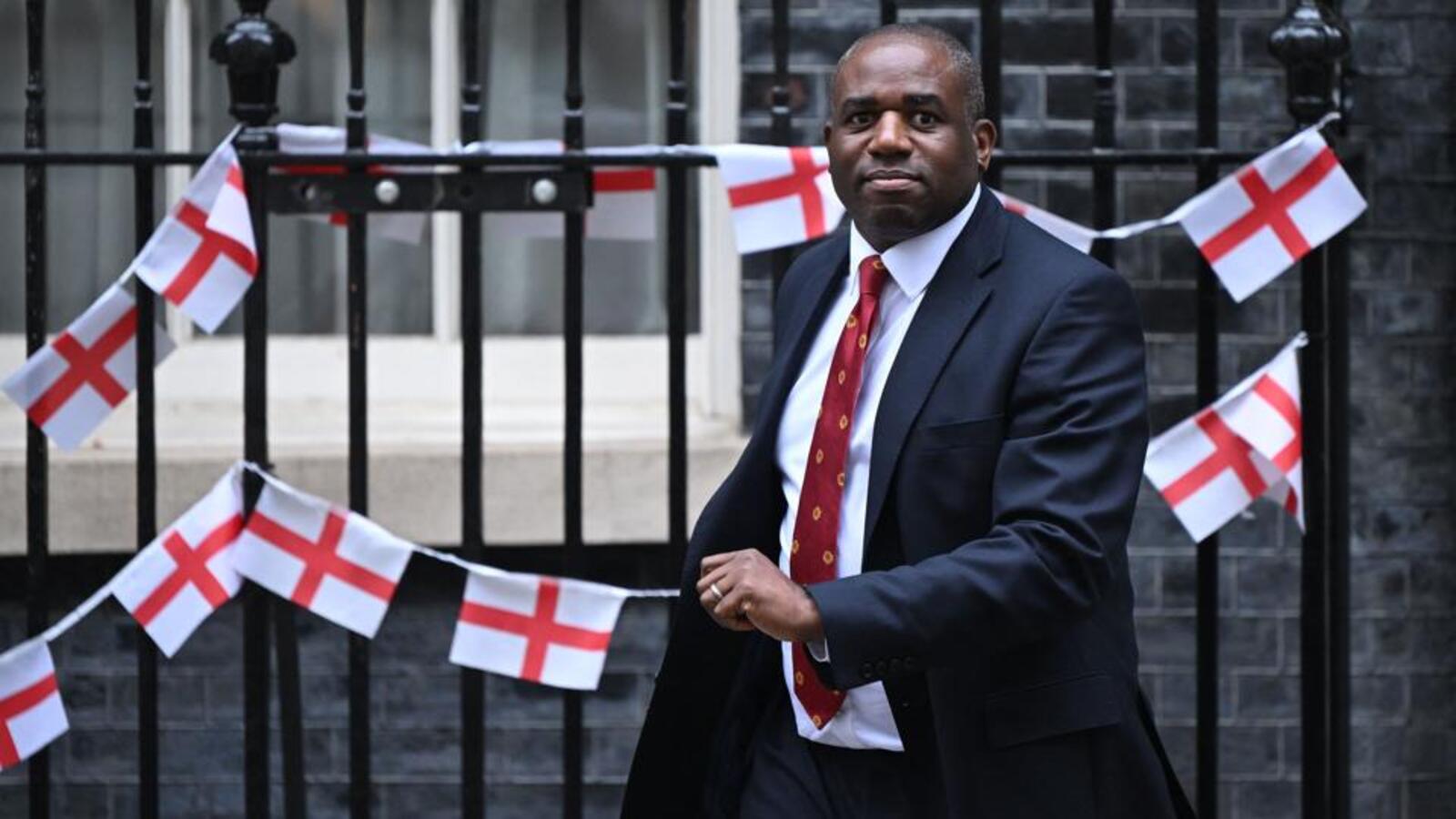Horoscope
UK foreign secretary David Lammy to visit India, FTA to top agenda

As India and the UK prepare for a visit by British foreign secretary David Lammy to New Delhi this week, negotiations for a bilateral trade deal could be prolonged as Britain’s new Labour Party government is expected to reopen certain key issues, people familiar with the matter said.
Lammy is expected to be in India during July 24-25, when he will meet his Indian counterpart S Jaishankar and commerce minister Piyush Goyal, the people cited above said on condition of anonymity. The proposed free trade agreement (FTA), negotiations for which began in January 2022 and have covered 14 rounds, is set to top the agenda for the visit.
The negotiations for the FTA could be prolonged as the new UK government is expected to reopen key issues such as a cut in import duties on automobiles and scotch whisky and easier grant of business visas, two people said.
There is no doubt the Labour government is keen to sign an FTA with India to show that it could achieve something that the Conservative Party couldn’t despite engaging with the world’s fifth largest economy since 2022. But the political stance of the Keir Starmer government might lead to the reopening of some settled issues, the people said.
“Anything and everything is open for renegotiation by both parties until a deal is formally signed,” one person said, adding India is committed to a balanced FTA that also protects its sensitivities such as the interests of farmers, small industries and the services sector.
An FTA with India will certainly be an achievement for the Labour Party, which has returned to power after more than a decade. India and the UK began the FTA discussions in January 2022 and the 14th round of talks started on January 10. Despite elections, first in India and later in the UK, officials from both sides continued talks on unresolved issues.
“We don’t think the UK will substantially alter the common ground already achieved by the two sides, but some tweaking is possible,” the second person said. Significant progress has been achieved in the 14th round of talks, as chapter-wise textual negotiations are nearly closed.
“But certain matters related to goods and services are still being negotiated,” the second person said. Key outstanding issues include the UK seeking tariff concessions for automobiles, including EVs, and scotch whisky, and India seeking easier visa norms for professionals.
“One of the key issues is business mobility and without that, Indian businesses would gain nothing significant,” the second person said. Indian industry is unwilling to offer import duty concessions to British manufacturers without the UK allowing easier mobility for Indian professionals.
If business mobility – or easier temporary movement of Indian professionals to the UK for business purposes – is taken out of the negotiations, there won’t be any significant gain for India, as more than 60% of the total merchandise Indian already has duty-free access to the UK market, and most other items attract a low tariff of 5%.
Lammy has said several times that engagement with India will be a priority for the new UK government. Days before Labour’s landslide victory, he said at an event in London that the UK wants to collaborate with India in areas ranging from tech and digital innovation to digital public infrastructure.
Referring to the previous Conservative Party’s plan to stitch up the FTA by Diwali in 2022, Lammy said, “Many Diwalis have come and gone now without a trade deal and too many businesses have been left waiting. My message to [finance] minister [Nirmala] Sitharaman and [commerce] minister Goyal is that Labour is ready to go. Let’s finally get our free trade deal done.”
The UK is among India’s top 10 trade partners. According to Indian government data, merchandise exports to Britain saw a 13.3% year-on-year jump to $12.98 billion in 2023-24, but imports from Britain fell by 6% to $8.42 billion. According to UK data, India was Britain’s 12th largest trading partner in 2023.










